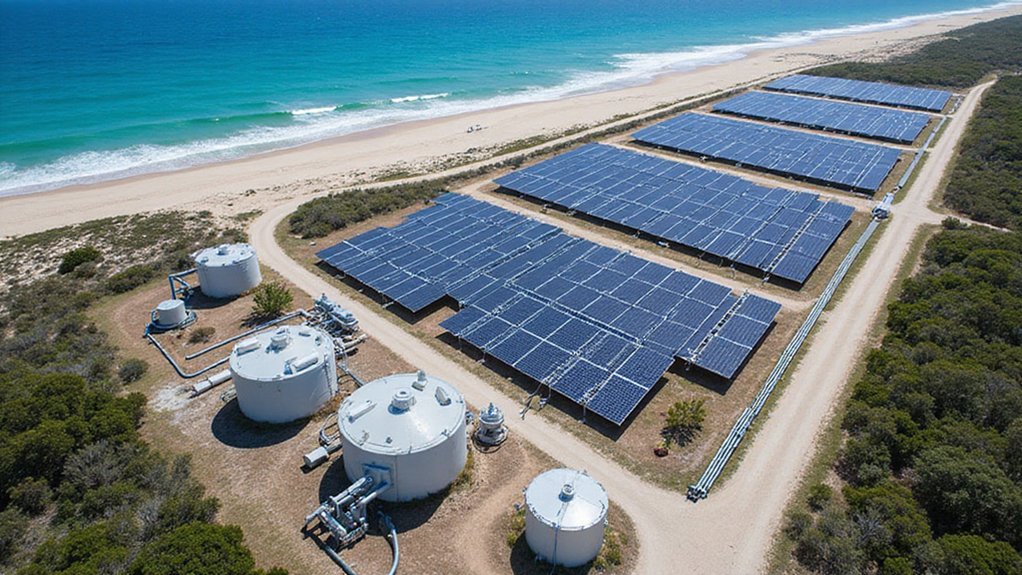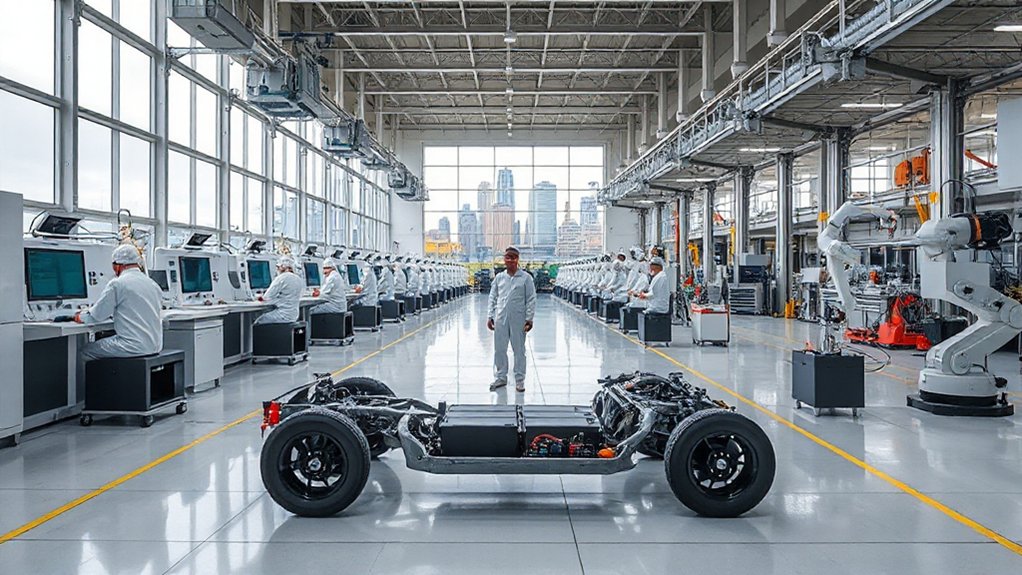Trump’s administration plans to cut funding for four of seven regional hydrogen hubs. The affected hubs are in states that voted for Biden, including the Midwest, Pacific Northwest, California, and Mid-Atlantic regions. The $7 billion program was designed to develop clean hydrogen nationwide. Hubs in Appalachia, Gulf Coast, and upper Midwest will likely keep their funding. These cuts could violate federal budget law and undermine investor confidence in green energy initiatives.
The Trump administration’s plan to slash funding for clean hydrogen projects is threatening to unravel years of work on America’s green energy shift. A draft Department of Energy list recommends cutting support for four of the seven regional hydrogen hubs, all located in states that voted for President Biden.
The $7 billion program was designed to jumpstart clean hydrogen development across America. Hubs in the Midwest, Pacific Northwest, California, and Mid-Atlantic now face elimination, while projects in Appalachia, Gulf Coast, and the upper Midwest would keep their funding.
America’s clean hydrogen future hangs in the balance as four key regional hubs face the budget axe.
Among those on the chopping block is the Mid-Atlantic Clean Hydrogen Hub (MACH2), which planned to operate across southeastern Pennsylvania, South Jersey, and Delaware. MACH2 aimed to produce hydrogen using renewable energy, nuclear power, and renewable natural gas.
The cuts align with President Trump’s fossil fuel priorities. Republican lawmakers have grown increasingly skeptical of federally funded climate programs. Current Energy Secretary Chris Wright has reversed clean energy commitments made during his confirmation in favor of promoting fossil fuels. Experts warn these changes might violate federal budget law and damage trust in government energy investments.
For the economy, this rollback could undercut technical and financial momentum. MACH2 was slated to receive up to $750 million in federal cost sharing. The cuts send a chilling message to private investors who were relying on federal partnerships. This threatens the renewable energy sector that has been projected to become a trillion-dollar market by 2025.
The Biden administration launched these hubs to transform hard-to-decarbonize industries like steel, fertilizer, and power generation. The projects were seen as critical for meeting long-term climate targets. The proposed cuts undermine efforts to bridge partisan divides in energy regulation across the country.
Industry reactions have been mixed. The Fuel Cell and Hydrogen Energy Association CEO has urged awareness about the situation. Some companies, like Aternium, plan to continue their hydrogen work regardless of federal funding.
The DOE is conducting a department-wide review to guarantee alignment with Trump administration priorities. A spokesperson dismissed reports of the cuts as “speculation” and stressed the agency’s commitment to “American Energy Dominance.” Final decisions have not yet been confirmed, leaving the future of U.S. hydrogen development uncertain.









